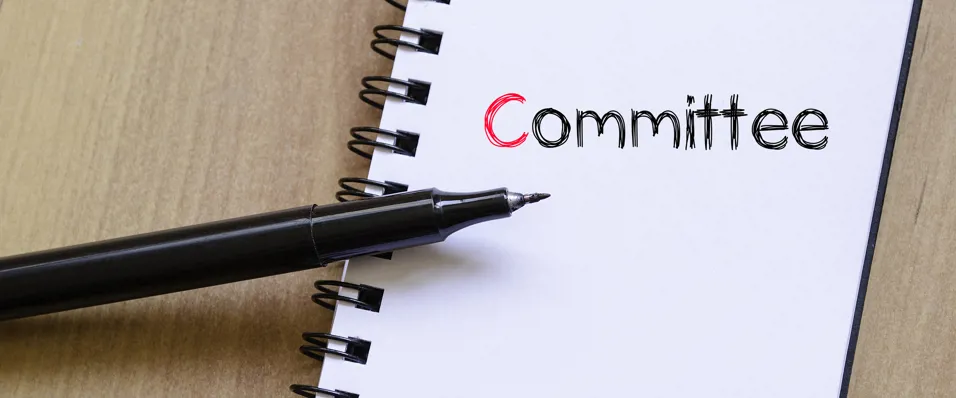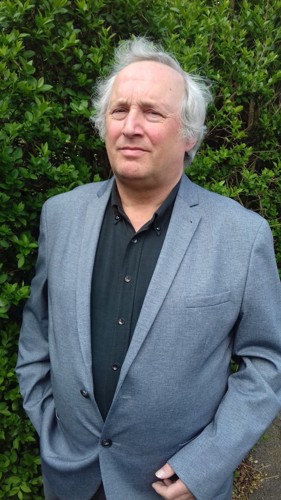
An interview with: Leon Markwell
How long have you worked in the electrical engineering industry?
For almost 50 years! I started as an apprentice electrician in East Anglia, where I worked for three different companies. I then went to university to study electrical and electronic engineering and afterwards to London to work for a major consultancy WS Atkins. From there I went to work in the Middle East, first in Saudi Arabia and then in Qatar. When I returned to the UK it was while self-employed that I saw an advert for the IEE (as it was then) for a position working on the wiring regulations technical staff based at Savoy Place in Central London. After several years at the IEE I went back into the industry and did a Master’s degree in Facilities Management. After being made redundant I came back to the IET to work again on BS 7671 Wiring Regulations with JPEL/64 and its committees and panels. This is the seventh time I’ve been involved with an amendment of the regulations.
What has been the most challenging moment of your career?
There have been several, but I would say the most challenging moment has been working in the Middle East because at the time it was an area of work that was new to me and it was also a different culture and lifestyle to that in the UK. Another challenging moment of my career was working as a HV Authorising Engineer for a facilities company while studying for my Master’s degree in Facilities Management as part of a day-release scheme. It was demanding to manage staff and keep up with the practical work while studying and completing assignments.
What has been a particular highlight of your career?
There have been several but one that particularly stands out, especially as I get older, is working with young electricians and engineers and mentoring and helping them. I have several who still keep in touch and call me occasionally for a chat or advice, which I enjoy.
There are four sub-committees which make up JPEL/64, the management committee for the BS 7671 Wiring Regulations. You are Secretary of both Sub-committee A and Sub-committee B. What work does this involve?
It is the secretary’s role to organise sub-committee meetings and get the agendas and documents to the members, record the meetings’ decisions and pass these decisions up to JPEL/64 (the management and approval committee for BS 7671,) for their dissemination to IEC etc. With the work for the 18th Edition of the regulations this has been an especially busy time for all the secretariat team – as well as considering the requirements for the 18th Edition there is the continual stream of normal IEC and CENELEC work to be considered.
Besides your work on Sub-committee A and Sub-committee B and JPEL/64, what other areas of the electrical engineering industry are you involved in?
I am also the secretary of the IET Electrotechnical Assessment Specification Management Committee (EAS Committee) which is an industry-wide committee separate from the wiring regulations work that agrees an industry framework for competence assessment schemes and competent person schemes for all electrotechnical installations, and considers other relevant industry matters.
As well as the IET committee work, I represent the IET on several international and UK committees such as IEC Maintenance Teams and BSI committees. I am also involved in lecturing, answering technical queries from industry and of course producing and revising IET publications such as emergency lighting and the guidance notes.
Guidance Note 3 offers guidance on Part 6 of BS 7671 – Inspection and Testing – what are the main changes to the guidance as a result of the 18th Edition update to BS 7671?
The single most significant 18th Edition change has been the renumbering of Part 6 of BS 7671 to align with the IEC and CENELEC standards, this has also had an effect on the documents in Appendix 6, and I believe this will cause some problems in the industry regarding certification and reporting. Generally, the requirements of Part 6 have not changed very much so the guidance has not changed, but we have tried to expand or update several items, and most experienced electrical operatives will soon become familiar with the revisions of Part 6 and the documents in Appendix 6.
What advice would you have to young professionals interested in a career in the electrical engineering industry?
The industry is changing and becoming more technical and technologically focused, and young professionals today will need a good education in maths and science based subjects to allow them to take an active part in it. I am concerned that the industry and the education system do not seem to be able to produce enough well trained young electricians and engineers to satisfy the demand and help the industry show what it can do.
Looking forward to the second half of 2018, what else have you got on the electrical engineering horizon?
I have plans to work on a new IET publication which we are developing – but I won’t say anything more about it at the moment. There are also some ongoing electrotechnical issues that we need to research and I hope to get time to become more involved with them. Also, of course, there is the never-ending committee work!

